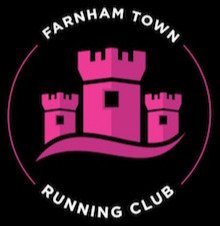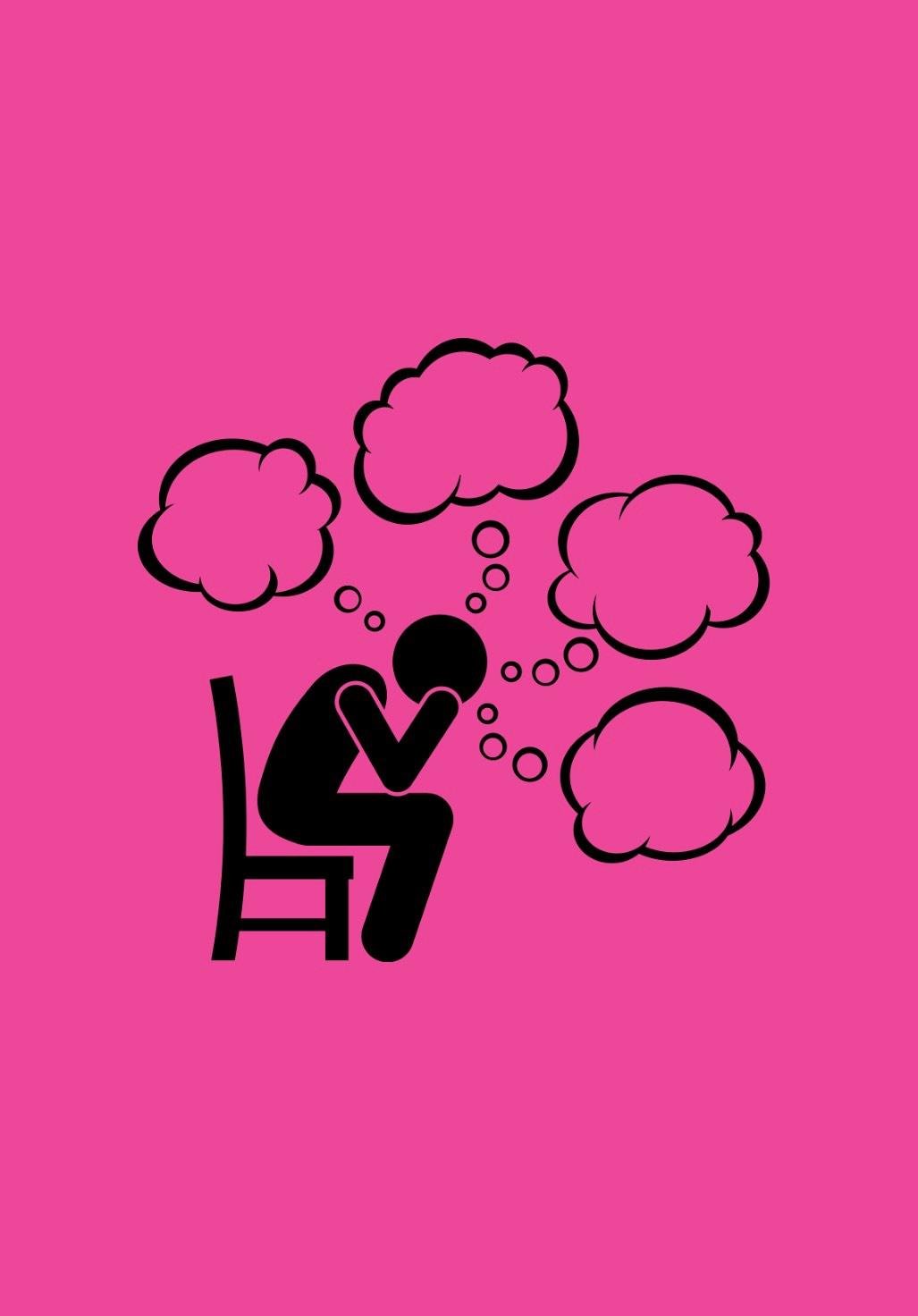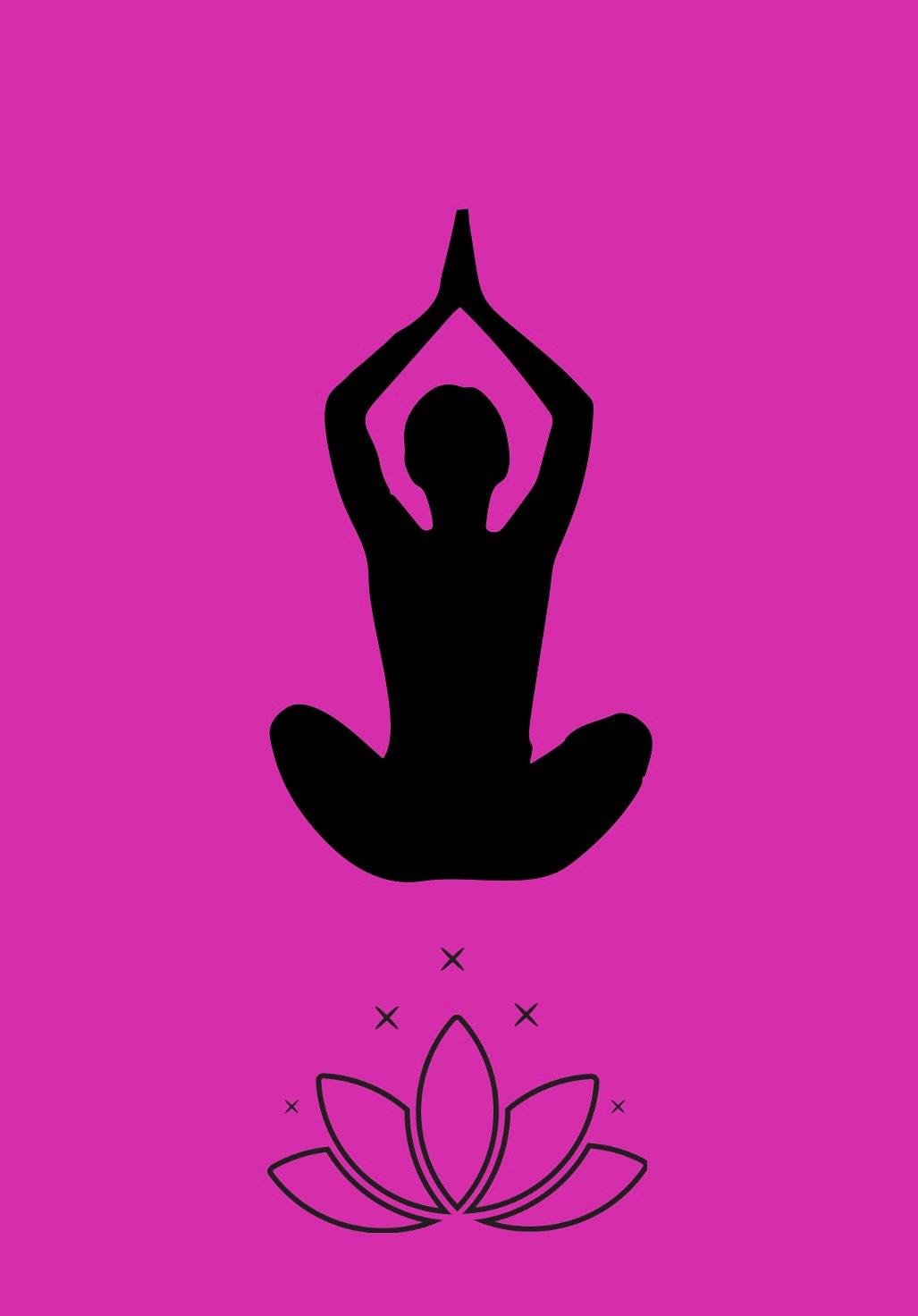Club Updates
Welfare Wednesday
What is body image?🧍♀️🧍♂️
Body image is how we think and feel about ourselves physically and how we believe others see us. There are so many ways we can think about our body and the way we look. There might be some days when you like your body/parts of your body and other times when you struggle with how you look.
Welfare Wednesday
Welcome to May 🌻 This month we are focusing on the different types of eating disorders and body image…
Eating disorders are often invisible. They are mental illnesses, they don’t look a certain way and you do not have to be underweight to have an eating disorder.
Welfare Wednesday
Welcome to April’s edition 🌸
This month we are going to focus in on our mental Health, raising awareness and signposting you to where you can get professional help if you feel you need it 💙
On Saturday 30th March it was World Bipolar day…
Everyone experiences changes in their mood, but bipolar disorder can cause these changes to feel distressing and it has a big impact on your life.
Welfare Wednesday
This week we are looking at the symptoms of stress. Lots of people think stress is rushing around trying to get things done or having loads on that to do list but it can come in all shapes and sizes and present itself in different ways.
Welfare Wednesday!
Welcome to the final edition of stretching 🤸🏼♂️
With it being Eating Disorder awareness week, we thought it would be a good time to shed some light on how foods can benefit your muscles, bones and joints.
Welfare Wednesday!
Welcome to the 3rd edition of stretching
We’ve all be guilty of forgetting to stretch after a run, that warm shower or yummy post workout meal is far more tempting however…
Did you know?
Deciding to ditch the stretching after a run can hinder your recovery and increase your risk of injury. Stretching after a run helps to reduce soreness and gets rid of waste products, such as lactic acid which could impact your next run
Welfare Wednesday!
Welcome to the 2nd edition of stretching!
Did you know?
Stretching helps to lengthen any tight muscles and this helps to reduce injuries. Stretching before a run increases your range of motion and helps to improve your overall performance.
Welfare Wednesday
Welcome to February! A new month means a new theme and this month we’re focusing on the benefits of stretching!
Welcome to the 5th edition of all things sleep!
When we sleep there are two main phases that we alternate between throughout the night. REM (Rapid eye movement) and NREM (non-rapid eye movement). REM occurs 90 minutes after falling asleep and takes up 25% of your volume of sleep. During this time the brain is active and it helps provide energy to the body. The other 75% is taken up by NREM. This is the deepest and most restorative sleep - the blood supply to your muscles increase and tissue repair/growth occurs.
Welcome to the 4th edition of all things sleep
For every runner, it is important to maintain cardiovascular health. Sleeping at night allows blood to circulate around every part of the body, when you’re in deep sleep, your heart rate and breathing change continuously which promotes cardiovascular health. Adequate sleep can also reduce the risk of heart disease, asthma and metabolic diseases.
Welcome to the 3rd edition of all things sleep
A good nights sleep can help fight fatigue, making you more alert and charged for a run. Getting a good nights sleep can help increase speed - as your body will have enough energy to keep going on hard efforts, the sooner you fatigue the slower your run may be. Sleep can also improve endurance - the better your sleep means the better your glycogen stores will be, allowing you to produce energy on long distance runs.
Welcome to the 2nd edition of all things sleep
Sleep can have an impact on the immune system. Insufficient sleep impacts our immune function and increases the risk of infection. During sleep, the body produces cytokines–hormones that help build immunity and combat infections. These cytokines build a shield around the body to reduce the risk of getting sick. A study has shown that runners who sleep seven or more hours per night are less susceptible to illness and therefore can train consistently.










